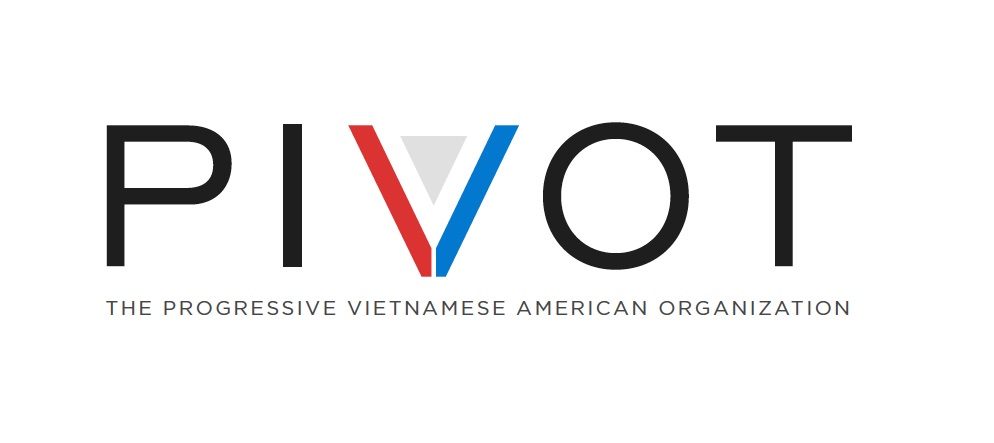Pivotal Days, Pivot Times
/May 15, 2017
Kimberly Ngo
This year is a pivotal moment in my life, as I transition into medical school. At age 23, I am now the same age as my dad when he arrived in America almost 40 years ago. Although the world’s memory may only recall the images of people cramming onto boats or into overflowing helicopters after the fall of Saigon on April 30th, 1975, our Vietnamese diaspora never forgets our refugee history or how it impacts our lives today.
Thus, as we celebrate Asian American Pacific Islander Heritage Month (AAPIHM) this May, I want to honor my family’s journey to America and reflect on how their struggles and successes have shaped my own identity as both a Vietnamese American and an Asian American woman.
We were refugees; we are now U.S citizens.
At age 23, my dad, the son of a former Southern Vietnamese soldier, knew post 1975 Communist Vietnam would not treat him very well. Weighing potential risks and benefits, he decided to begin as the first “boat person” in the family. I can never fully know the feeling of leaving one’s birth country and venturing into the unknown, with no clear vision of what the future may hold and I admire his courage in making this decision.
He also reminds me how the Refugee Act, initially created by Congress in 1979 and later signed into law by President Jimmy Carter in 1980, allowed him and many more Southeast Asian refugees to settle in America. Today, Vietnamese Americans are the largest refugee diaspora in the U.S. Today, I see his story reflected in the eyes of current refugees, victims of various conflicts across the globe. If my dad were one of them today, his story may have a different ending.
We have persisted. We are resilient. We shall overcome.
My dad’s story is one of many in the Vietnamese diaspora, and there are many nuances even in other family member’s journeys. Regardless of the differences, I reflect on their experience and I admire their determination despite multiple obstacles. More specifically, their story reminds me to be thankful of my own privilege and to put the lessons I have learned from their journey to good use in society.
I know it has definitely impacted my future career in medicine. I want to become a doctor to care for the sick and to advocate for the most vulnerable. I want to stay politically and socially engaged and speak up for those who have no voice. I want to work with a compassionate heart for others, no matter their background, their origin or their perspective. I do it because I care for all people as a fellow human being.
I hope to continue to advocate for a better America that helped support people like my parents and to make sure, as much as possible, all people have a similar opportunity for a brighter future. As we celebrate AAPIHM, I urge readers to reflect on their own heritage and consider how to make America a better place for one’s immediate community and for future communities across America.
